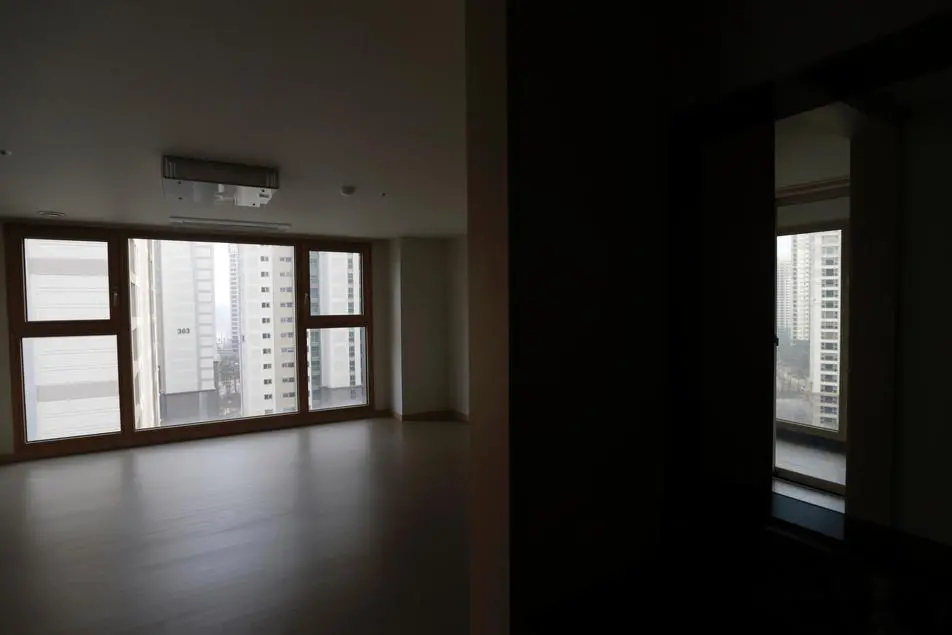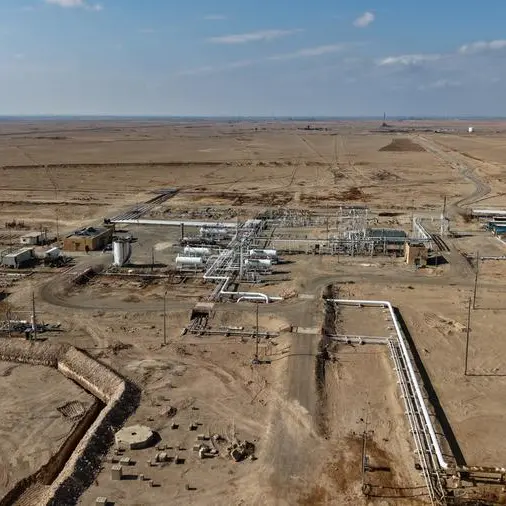PHOTO
Landlords, tenants likely to settle for 'off-grid' deals
Dubai: Tenants looking to find out if they're getting a fair deal on their housing rent this year may need to do their homework and look beyond the rental index.
According to property analysts, both landlords and tenants are demanding rental values that are not recommended by Dubai's Real Estate Regulatory Authority (Rera) Rent Index.
"Once we checked our database, we found that almost every tenant [or landlord] was demanding [rates that are not within] the rental floors and ceilings defined by Rera's index for a certain locality," Haider Ali Khan, CEO of property portal Bayut.com and co-founder of Zameen.com, told Gulf News.
"We think the rents are being compromised in anticipation of new units that are expected to hit the market soon."
According to Cluttons, the residential rents in Dubai have continued to slowly soften, but the real estate watchdog's index is somehow not in sync with the market conditions.
With the index still lagging reality, it is likely that landlords and tenants will settle for "off-grid" deals.
"With the Rera Rent Index system yet to evolve into a complex rental matrix that factors variables such as views, size of units, age of the building, etc., it will continue to lag reality, leaving tenants somewhat constrained by a rental index that does not fully reflect market conditions," said Faisal Durrani, Cluttons' international research and business development manager.
The index is designed to serve as a benchmark for housing rents in Dubai.
During the fourth quarter of 2014, housing rents dropped by 1.9 per cent, making the total rental value growth last year at a marginal 0.4 per cent, according to Cluttons.
Khan said they have noticed that landlords' asking prices don't match with the numbers on Rera's index.
"For example, if the lower limit for Dubai Marina studio is Dh60,000, most landlords are demanding more than the amount. Similarly, the ceiling defined by Rera for the locality is Dh90,000 per annum, but owners are not shying away from asking as much as Dh120,000 in certain cases."
Khan said the price difference is less pronounced in the smaller apartments category and more in larger residential spaces, such as four-bedroom flats and villas.
In some cases, "over-analysing" landlords would offer to lower the prices for fear that their apartments would stay empty for quite a while.
"Tenants and their property agents may negotiate the rents with the landlords if they see leverage in the market or find some other units featuring better facilities. It all depends on the vulnerability of either side," said Khan.
In terms of sales prices, property portal Bayut.com, said on Thursday that Dubai's real estate market is still doing so much better compared to other markets.
The claims that the emirate's property sector is slowing down is "over-analysed," given that Dubai's prime property prices only lost a mere 1.9 per cent of their value in the six months ending March this year.
"It fared much better than its Asian rival Singapore, where prices fell 7.3 per cent from September 2014 to March 2015," the company said.
The decline in housing prices in Dubai can be attributed primarily to the Dubai government's move to contain any inflationary and speculative price increases.
"The market is currently in a correctional phase and sorting itself out through demand and supply dynamics. As the push and pull dust settles, investors are likely to sit tight on their investment in anticipation of 25,000 new units slated for entry into the market this year," Bayut.com said.
© Gulf News 2015





















